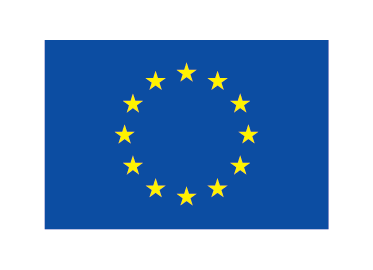iCHRONOS will address a major social challenge in daily mobility: access inequalities to major daily amenities (work, retail, leisure) in an increasingly digitized society. Information and Communication Technologies (ICTs) are radically changing the role and relevance of transport systems for securing access to work, retail, and leisure opportunities; activities that are frequently performed at different locations and times during a single day . That is even more relevant under the context of the post-COVID-19 society, when it is planned a relevant increase in the use of ICTs to access to major activities .
One recurrent argument is the perceived potential of ICTs to reduce transport-related social inequalities by facilitating equal access to opportunities through a wide range of potential e-activities (e-working, e-shopping, and e-leisure). In practice, it means that people can participate in activities more frequently and with greater ease, by overcoming space-time barriers . However, time management could also become highly complex, as e-activities can break up daily activities into smaller events that can be performed at different times and/or locations (e.g., working in a cafe, shopping at home) . As a result, space-time mobility patterns will be heavily fragmented, which could lead to a spatial dispersion of urban opportunities, similar to the effects of the advent of the private car during the 20th century . Moreover, since ICTs usage is strongly shaped by the digital divide and personal preferences, the already existing social inequalities in access to daily opportunities could persist (or even become further increased) , fundamentally disadvantaging the most vulnerable groups of the population (e.g., the unemployed, seniors, low educational levels). Despite the relevance of this social challenge, it has received very limited academic attention to date . iCHRONOS will bridge this research gap by studying the interrelationships between transport accessibility and the space-time fragmentation of daily activities originated by ICTs usage, with Luxembourg City as the empirical case.
